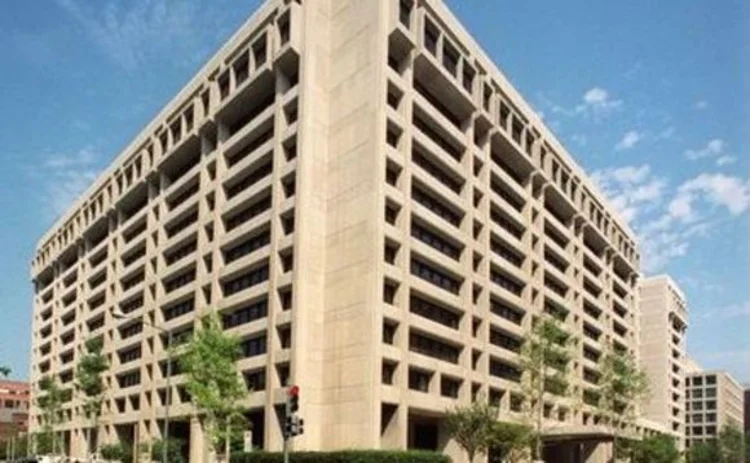
IMF/ World Bank meetings: lack of resolution regimes a key concern

Currency wars may have hogged the headlines. But another issue oft voiced at the IMF/ World Bank meetings this weekend has been the continuing lack of an adequate resolution regime for cross-border banks.
More than two years after the collapse of Lehman Brothers threatened to bring the global financial system to a standstill, officials and bankers agree that devising a resolution regime for cross-border banks is pivotal in ensuring financial firms are no longer too big or interconnected to fail
Only users who have a paid subscription or are part of a corporate subscription are able to print or copy content.
To access these options, along with all other subscription benefits, please contact info@centralbanking.com or view our subscription options here: www.centralbanking.com/subscriptions
You are currently unable to print this content. Please contact info@centralbanking.com to find out more.
You are currently unable to copy this content. Please contact info@centralbanking.com to find out more.
Copyright Infopro Digital Limited. All rights reserved.
As outlined in our terms and conditions, https://www.infopro-digital.com/terms-and-conditions/subscriptions/ (point 2.4), printing is limited to a single copy.
If you would like to purchase additional rights please email info@centralbanking.com
Copyright Infopro Digital Limited. All rights reserved.
You may share this content using our article tools. As outlined in our terms and conditions, https://www.infopro-digital.com/terms-and-conditions/subscriptions/ (clause 2.4), an Authorised User may only make one copy of the materials for their own personal use. You must also comply with the restrictions in clause 2.5.
If you would like to purchase additional rights please email info@centralbanking.com







